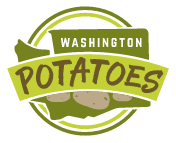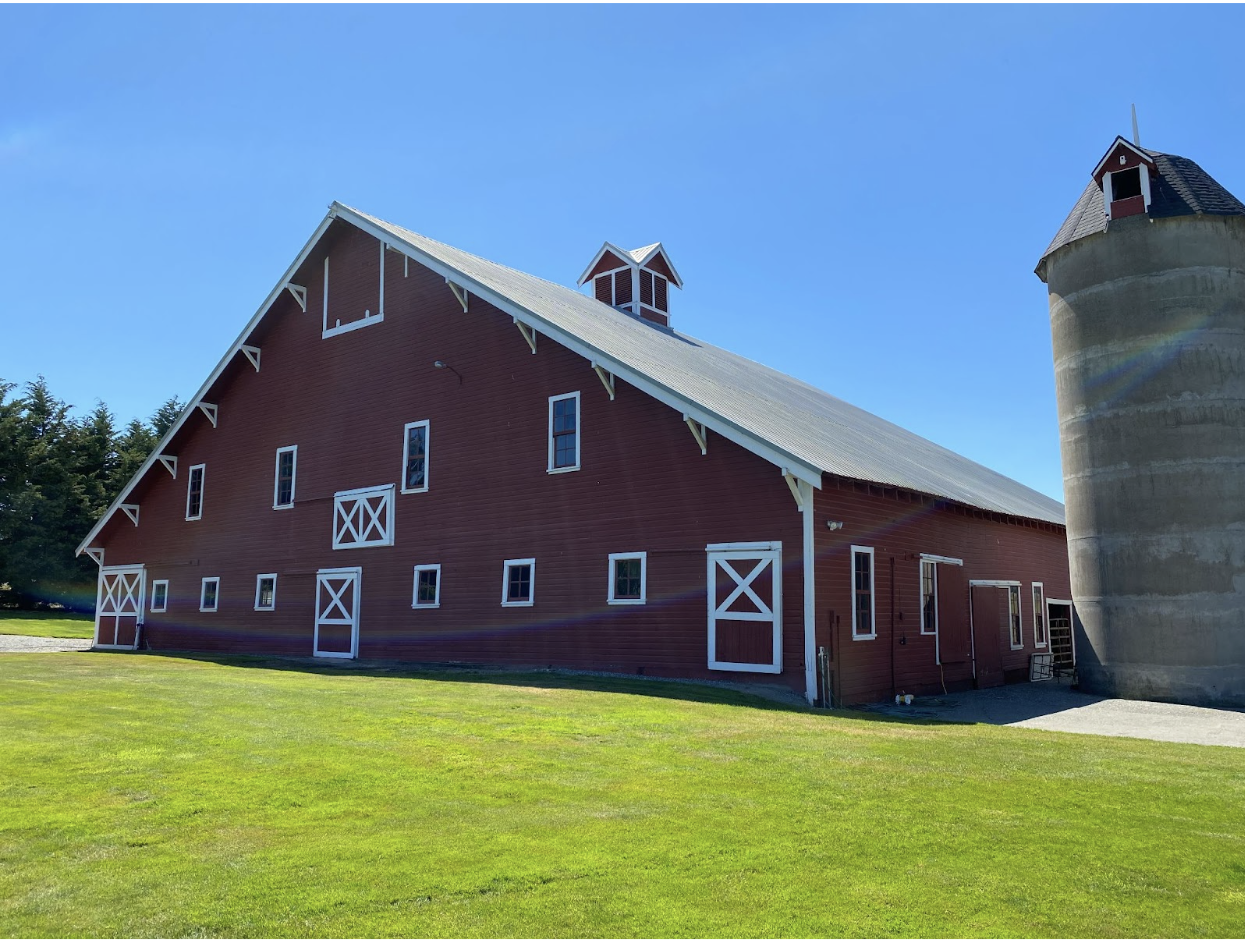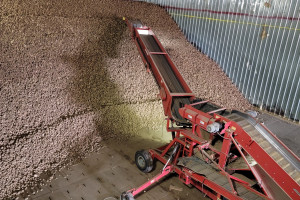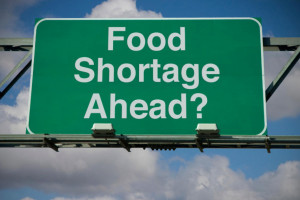Nutritious and Delicious Potatoes - Do They Deserve a Place on Your Plate?
I recently had the sincere pleasure of visiting a potato farm about an hour north of where I live here in Seattle in the Pacific Northwest. I didn’t even realize it before my visit, but I’m living in a major potato heartland. The Skagit Valley is located right between Seattle and the Canadian border where the Skagit river flows into the Puget Sound (yes - there’s water all around us!). We have a very mild, marine climate with plenty of clouds, rain, sun, and rich soil that create the absolutely perfect growing conditions for your favorite potatoes.
Spending time with the potato farmers and their families highlighted something that, as a registered dietitian nutritionist, I talk to my clients about all the time. The food on your plate comes from somewhere. It was planted, grew, was harvested, and transported and made its way to help nourish your boy. As a nutrition professional, I know that the more connected we are with our food system, the safer we will all be because we’ll be more aware of potential threats to it such as food shortages and sustainability issues.
One thing that I myth bust a lot is that potatoes aren’t good for you. That they’re inflammatory or not safe for people with certain conditions like diabetes or blood sugar issues. When my clients develop a fear of food and start avoiding healthy options, they risk missing out on nutrition that’s important to their health. When we start avoiding certain foods out of fear, it can actually lead to nutrient deficiencies and disordered patterns of eating.
I authored a book called Anti-Inflammatory Diet Meal Prep and while I was writing it, I did a really deep dive into the evidence-based research on inflammation and human health. There are some myths out there about the “nightshade” family and inflammation. Nightshades are foods including tomatoes, peppers, eggplant, and potatoes. But the evidence doesn’t support that these work against you. In fact, it’s the opposite! The research on all of these foods indicate that they actually promote health, provide critical nutrients, and have the potential to lower inflammation.
A few key nutritional benefits of potatoes
1. Calories: in one 5-oz potato, there’s only 110 calories which helps me bust the myth that potatoes are linked to weight gain or weight problems. They’re simply not, and they aren’t a calorie-dense food.
2. Fiber: you’ve probably heard to increase your fiber for heart health and a healthy digestive system. That’s true! Be sure to include the skin on your potatoes because a medium-sized potato has 2 grams of fiber. That’s 8% of the daily value!
3. Vitamins: many people don’t realize that potatoes are rich in vitamins including vitamin C (more than an orange with almost 50% of the daily value) and vitamin B6.
4. Minerals: potatoes are also packed with nutritious minerals including calcium, iron, and potassium. In fact, a medium potato has more potassium than a banana at 620mg.
There was no fear of nightshades or potatoes on the farm tour I was on, thankfully! Our dinner at Skagit Landing featured potatoes as appetizers, snacks, and main dishes and they were absolutely delightful.
There’s so much that you can do from a culinary sense with potatoes, they’re nutritious and delicious. Consider boiling, steaming, roasting, baking, or even sauteeing your potatoes or serving them mashed or scalloped, in salads, soups, or other dishes. Getting creative with including nutritious foods like potatoes can help prevent food waste and include more nourishment in your diet. And they’re a vital part of our food system that we absolutely must protect and maintain so as to avoid any future food shortages or supply chain problems.











